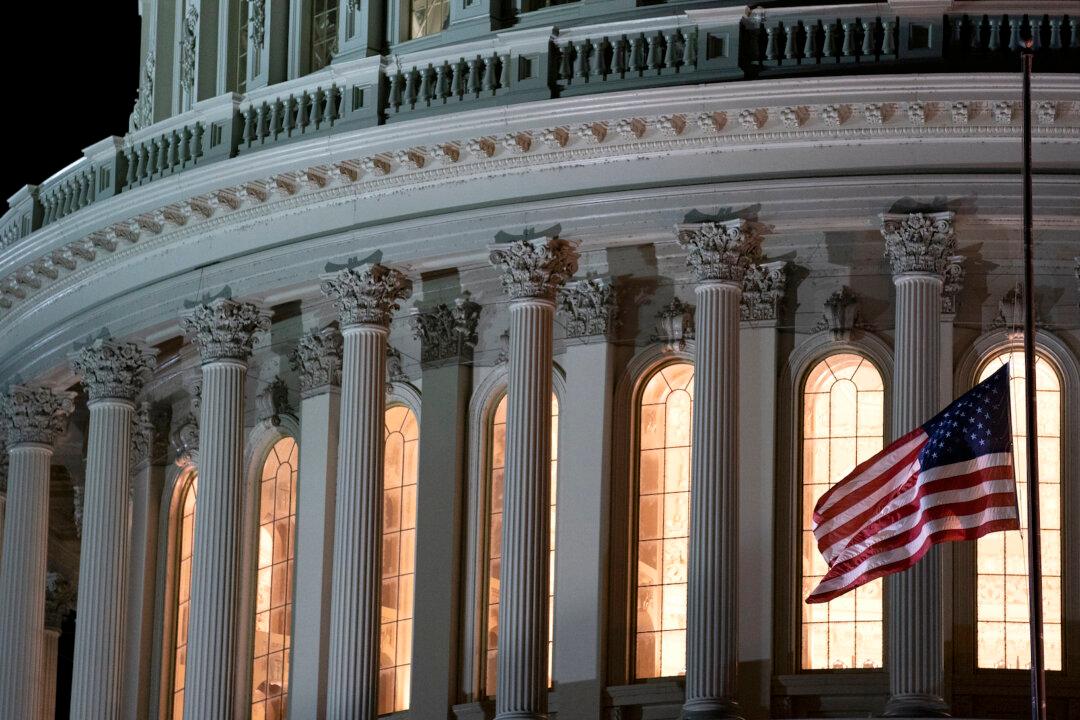Nearly three out of five Americans think the winner of the presidential election on Nov. 3 should appoint the justice to fill the Supreme Court seat vacated by the late Justice Ruth Bader Ginsburg, according to a CNN poll (pdf).
The survey, conducted days after Ginsburg’s passing, found that 59 percent of 901 respondents believed that the winner of the election should make the appointment, while 41 percent said that President Donald Trump should make the appointment now.





